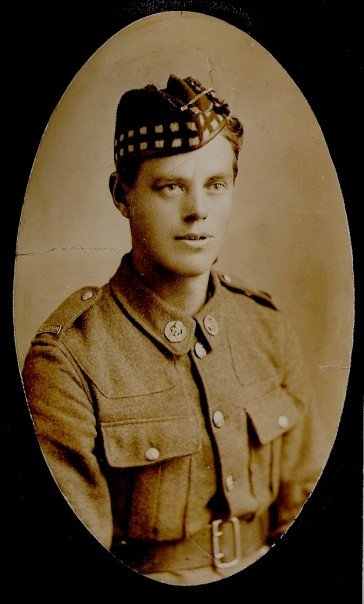Why do you write YA?
I love that stories with young adult characters have such a large-hearted openness to asking big questions and exploring big issues about what life really is. There’s no judgement, only curiosity. I think this is how most of life should be, and often is, even beyond the young adult years. But there’s this myth out there that one day you’ll cross an invisible line and become an “adult” and suddenly you should have all the answers, and if you don’t—what’s wrong with you? In YA, the characters are still searching, still questioning, and it’s okay. It’s not a deficiency, but rather a thing to be celebrated. I think that’s something we all need to hear no matter our age.
What inspired the Glass Alliance series?
I spent most of my teen years reading history books on everything from the Tudors to the Second World War. I always envisioned myself writing historical fiction, since that seemed where my inner creative compass was pointing. But I realized one important thing about writing history: there are no surprises. Always the same victors and losers. The same inevitable paths to tread. So, I decided to create my own world. I wanted to be surprised. I wanted to find out what would happen in a war that wasn’t bound to the rules of our history. It seemed like a clever plan until I was neck-deep in worldbuilding and discovering how exhausting (and brain twisting) writing history and politics for an entire world really is! But it was worth it. I structured the technology and culture to mimic the 1940s, giving this made-up world the flavour of something easily identifiable to readers. And yet it’s also distinctly its own, nothing mirrored too precisely. It’s a story made of impressions, not direct parallels, drawn from across the centuries of our history. From Richard III to Napoleon Bonaparte to Che Guevara. From the assassination of Archduke Ferdinand to the Sykes-Picot Agreement. I often like to tell people this book is Romeo and Juliet in the Wars of the Roses during the Second World War. That begins to capture it!
Why did you choose two narrators?
In short, there was enough material to warrant two narrators. Originally I only had one—Aurelia—but I decided to write a test scene from Athan’s perspective, to get inside his head, and his world quickly took on a life of its own. I found I couldn’t stop writing. His family’s story was demanding to be told alongside hers. Honestly, it was a bit terrifying when I realized I had a dual perspective on my hands. A massive creature I didn’t expect stirring to sudden life. But it felt absolutely right—when woven together, the two strands of story illuminated one another and created a whole. Both main characters had an entire realm of problems to solve outside of their star-crossed romance. Yes, their relationship is the the heartbeat of the story, and yet it isn’t the entire story. I always wanted it to be about their love, but not because of their love. The dual narrative brought this large and pulsing world to life.
You mentioned your great-grandfather’s memoirs inspired you to write. Who was this mysterious fellow?
I’m glad you asked! Here he is, Percy Price of the Canadian Highlanders:

Handsome, right? He sailed for France in 1916 with no idea of the horrors that awaited him there. Like so many others, he was promised glory and found only hell. It was in reading his memoirs that I got to know this gentle and kind-hearted spirit who felt very familiar, like finding a piece of myself. As odd as it sounds, I truly believe he and I had a special connection, though I knew him only for a few short years. I even had a somewhat mystical experience the day he died. (I’ll save that story for another day!) But I think this is a good place for me to mention that while I find military history fascinating, and also important—as a warning and a lesson—it’s also compelled me to commit myself to a life of non-violence. The debate is a complex one, with no clear answers, but after all of my reading I can only conclude that war, however it’s justified, is a tragedy in every instance and really shouldn’t be packaged up as anything less (or more) than that.
What are some of the other books that have influenced you most?
Looking back on the books I read as a young(er) person that left a profound impression: All Quiet on the Western Front by Erich Maria Remarque, Black Beauty by Anna Sewell, The Sunne in Splendour by Sharon Kay Penman, Now It Can Be Told by Philip Gibbs, The Great War for Civilisation by Robert Fisk, Generals Die in Bed by Charles Yale Harrison, and First Light by Geoffrey Wellum.
What’s with all the weird spelling in your writing? Colour? Favourite? Honour?
That, my friend, is proper spelling. 😉



